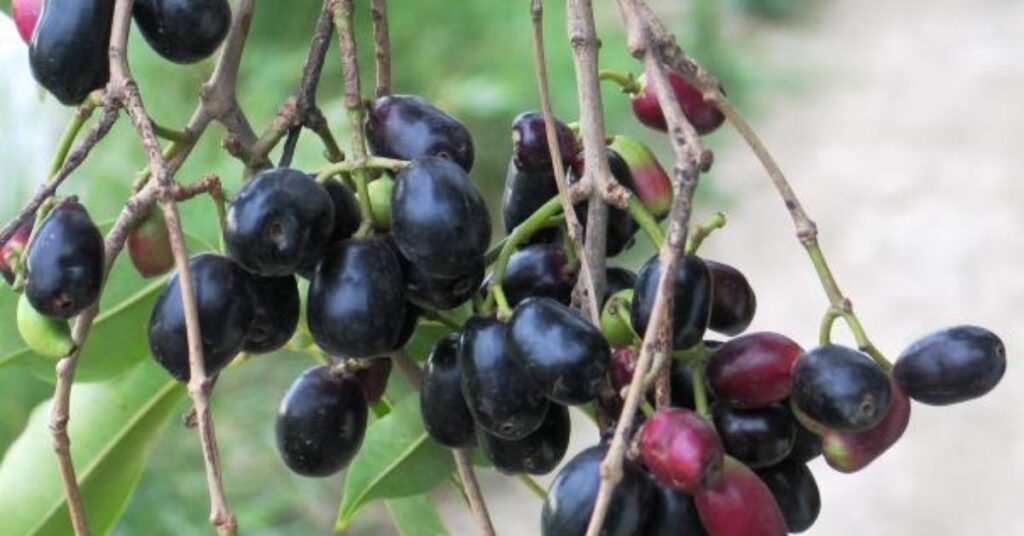
Introduction :
Tulsi, a herb belonging to the Lamiaceae family is known for its properties. Its leaves have a flavor and aroma making them popular, in medicine. This herb is recognized for its antimicrobial, inflammatory and antioxidant qualities.
Ayurvedic practitioners consider Tulsi, also called Holy Basil or Ocimum sanctum, in respect for their beneficial properties and cultural significance in India. Throughout history, it has been used and appreciated for both its many health benefits and spiritual importance.
From its nutritional value to its diverse uses, Tulsi offers a multitude of advantages for overall well-being.
Health Benefits of Tulsi:
Immune System Support: Tulsi contains compounds like flavonoids and essential oils that boost immunity, aiding the body in fighting infections and illnesses.
Stress Relief: Its adaptogenic properties help in managing stress by regulating cortisol levels and promoting mental clarity and relaxation.
Tulsi, also known as Holy Basil or Ocimum sanctum, is a revered herb in Ayurveda, known for its medicinal properties and cultural significance in India. Its use spans centuries, valued not just for its religious importance but also for its various health benefits. From its nutritional value to its diverse uses, Tulsi offers a multitude of advantages for overall well-being.
The Tulsi plant is a perennial herb with a typical aromatic smell. It is native to India and parts of northern and eastern Africa, Hainan Island, and Taiwan. India, dried leaves, dried seeds, and whole dried plants are used separately in traditional medicine systems like Ayurveda.
Medicinal properties of Tulsi:
Urticaria and itching:
In case of itching and rash, Tulsi leaves can be made as a paste and applied to the affected area.
Sinusitis and headache:
To get relief from sinusitis and headache, the fresh basil leaves are ground and crushed to extract the juice. On an empty stomach, two drops of this fresh juice should be put in the nostrils.
Bad breath problem:
Chewing just two basil leaves will relieve the bad breath problem. The instant action, of course, is due to its typical aromatic smell. In addition to its good smell, tulsi leaves have good digestive properties too. Good digestion helps remove bad breath.
Hoarse voice and laryngitis
To treat Hoarse voice and laryngitis, just crush 8–10 Tulsi leaves and then extract the juice. Mix the juice with 1 spoon of honey and drink. Also, take 6–8 basil leaves with 2 peppercorns and a pinch of rock salt, chew them together properly, and drink the juicy saliva.
Respiratory diseases:
Holy basil is used in chronic and acute bronchitis conditions. Tulsi has immunomodulation properties and, therefore, is used for cough.
Tulsi has anti-viral, antibacterial, and antifungal properties, hence its use in respiratory infections.
Apart from this, it also has anti-allergic and anti-inflammatory properties, therefore indicated in respiratory system allergies.
Nutritional Value of Tulsi:
Tulsi leaves contain essential nutrients, including vitamins A and C, calcium, zinc, iron, and chlorophyll. These nutrients play crucial roles in supporting bodily functions and overall health. Additionally, Tulsi contains phytochemicals like eugenol, rosmarinic acid, and flavonoids such as orientin and vicenin, contributing to its medicinal properties.
Different Forms and Uses of Tulsi:
Herbal Tea: Tulsi tea is a popular beverage known for its calming effects and health benefits. It can be prepared by steeping fresh or dried Tulsi leaves in hot water.
Essential Oil: Tulsi essential oil, extracted from the leaves, is used in aromatherapy to reduce stress and improve mental clarity.
Topical Application: Tulsi paste or oil is applied topically to the skin to alleviate skin conditions, insect bites, or as a part of skincare routines.
Culinary Uses: Fresh Tulsi leaves are used in various cuisines for their flavor and health benefits, adding a distinct taste to dishes.
Cultural Significance of Tulsi:

Tulsi holds immense cultural and religious significance in Hinduism. It is considered sacred and often planted in households, temples, and gardens. The plant is worshipped as a deity and symbolizes purity, protection, and auspiciousness.
How to Incorporate Tulsi into Daily Routine:
Tulsi Tea: Enjoy a cup of Tulsi tea daily for its calming and health-promoting effects.
Herbal Infusions: Add fresh Tulsi leaves to salads, soups, or stir-fries for an herbal flavor and added nutrition.
Tulsi Supplements: Consider Tulsi supplements or extracts for concentrated benefits, but consult a healthcare professional before usage.
Skincare: Utilize Tulsi-based skincare products for their anti-inflammatory and antibacterial properties.
Precautions and Side Effects:
While Tulsi is generally safe for consumption, excessive intake may lead to complications in some cases. Pregnant or breastfeeding women, individuals with certain medical conditions, or those taking medications regularly should consult a healthcare professional before using Tulsi supplements or extracts.
Conclusion:
Tulsi, the revered Holy Basil, embodies a plethora of health benefits, cultural significance, and versatile uses. Its diverse properties make it a valuable herb in promoting overall well-being, from enhancing immunity to aiding in stress management and supporting various bodily functions. Whether consumed as tea, used topically, or incorporated into daily meals, Tulsi continues to be cherished for its holistic healing and therapeutic properties.




